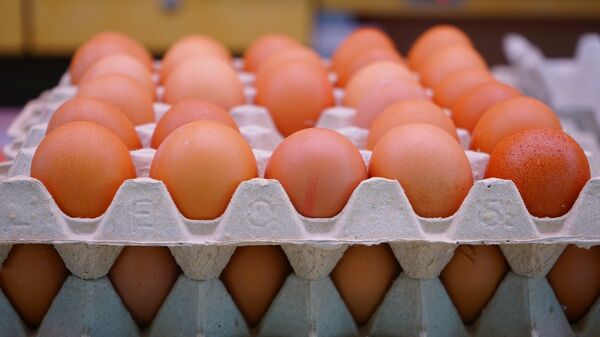According to reports, eggs contaminated with hazardous insecticide fipronil have been detected in 15 European Union member states, as well as in Switzerland and Hong Kong.
"One of the facts that surprises and worries me… it appears that it has been going on for a considerable period of time, at least nine months. A lot of the contaminated product has been transferred right across the world, many many food commodities might contain this contaminated egg material," Elliott said.
"So, I believe that it would take weeks and weeks to track down all of those materials and withdraw them from the food supply system," he added.
Answering the question how significant is the risk posed by the substance, Elliott said, referring to data by safety food agencies, that the chemical is considered "moderately toxic" and poses "no risk to consumers."
"The second important thing is that the levels of the presence of these eggs are thankfully very very low. So all of the food safety agencies… have indicated there is no risk to consumers. If any of us has consumed these products, there should be no ill effects at all. So, there's no food safety risk associated with it as far as we can understand," he concluded.
A dozen European countries, as well as Hong Kong, have received batches of eggs contaminated with an insecticide, according to the European Commission.
The commission revealed that the eggs were coming mainly from the Netherlands. It also said that it would call a ministerial meeting on September 26 amid the ongoing scandal.



